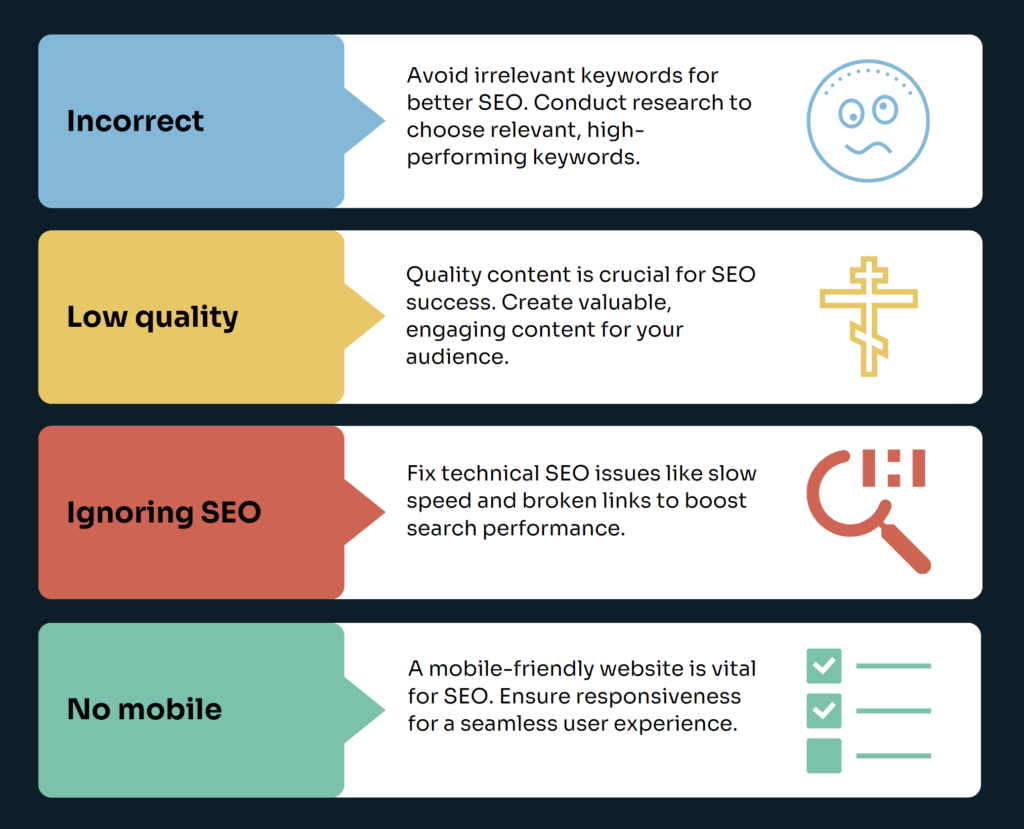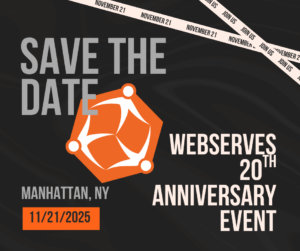Nonprofit organizations rely heavily on visibility and engagement to fulfill their missions, making effective SEO indispensable. Nonprofits are like the unsung heroes of the internet. They’re out there, doing good stuff, but sometimes they need a little boost to get noticed.
Unlocking Definitions and Basic Components
Back in the day, when the internet was still figuring itself out, something called SEO, which stands for Search Engine Optimization, came into play.
Let’s break SEO’s components and concepts into bite-sized pieces:

SEO Roadblocks and Remedies
With so many things to keep in mind, it’s not surprising that nonprofits face some common challenges and pitfalls.

The next thing is a widely spread misconception, especially among nonprofits: Ignoring Local SEO
Neglecting local SEO means missing out on potential supporters, volunteers, and donors in your own backyard. Claim your Google My Business listing, sprinkle local keywords, and show up on that digital map!
Solutions:
- Claim your “Google My Business” listing, mention your location, and participate in community events.
- Earn High-Authority Backlinks – reach out to other reputable websites, influencers, and partners.
In conclusion, the pivotal role of SEO in enhancing online visibility and driving targeted traffic cannot be overstated.
Embrace SEO for Digital Success. SEO is not just an option; it’s an essential strategy for any digital marketing plan. By prioritizing SEO, you can ensure your website stands out in the crowded online space.
Exploration of SEO opens the door to another powerful topic such as leveraging social media and content marketing for nonprofit success.




